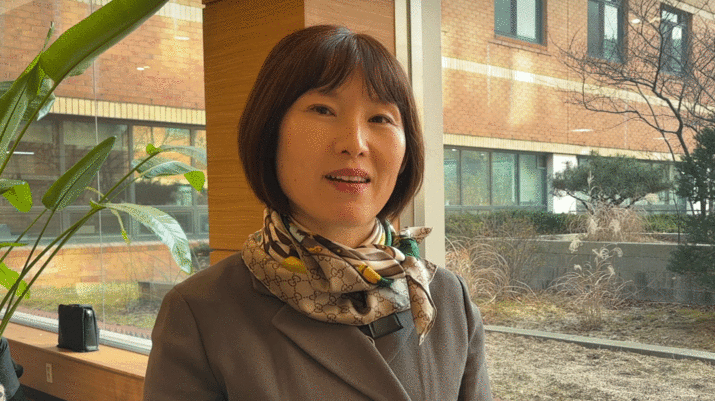Upcoming events
Voici les prochains évènements du réseau
Actualités
Ils nous ont rejoint
Témoignages
571 235
Alumni
14
événements
10 180
Offres
1 159
Partenaires








































